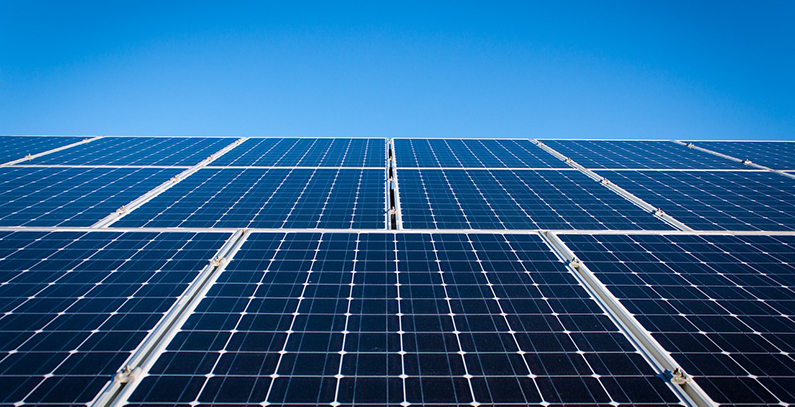Denmark’s Impact Fund Denmark has recently announced a significant commitment of USD 40 million to CrossBoundary Energy, a leading player in on-site solar and battery systems for commercial and industrial (C&I) clients across Africa. This injection of fresh capital is aimed at expanding CrossBoundary’s reach and impact in providing clean and reliable power solutions to businesses in need.
CrossBoundary’s business model revolves around developing, constructing, and operating distributed renewable energy projects that offer a cost-effective alternative to traditional diesel generators. By selling electricity through long-term power purchase agreements (PPAs) and lease contracts at rates below grid tariffs, CrossBoundary enables its clients to access clean energy without the burden of upfront hardware costs.
With a current presence in approximately 30 projects across eight African countries, CrossBoundary serves a diverse range of multinational clients, including industry giants like Unilever and Guinness. Their recent initiatives include powering Sierra Leone’s first 5G network and collaborating on Madagascar’s first utility-scale wind farm alongside a solar installation for Rio Tinto’s ilmenite mine.
The investment from Impact Fund Denmark not only aims to reduce emissions but also to ensure business continuity in regions prone to power outages. By eliminating upfront investment barriers, CrossBoundary allows businesses to focus on their operations while benefiting from fixed energy pricing, performance guarantees, and hassle-free maintenance.
Africa’s Distributed Solar: A Sector on the Rise
- C&I Solar Growth: Sub-Saharan Africa’s C&I solar capacity has witnessed significant growth in recent years, with projections pointing towards a substantial increase by 2024.
- Continental Solar Surge: Africa added 2.4 GW of new solar capacity in 2024, with plans to install an additional 23 GW by 2028, highlighting the continent’s commitment to renewable energy.
- Operational Solar Scale: With 20 GW of operational solar capacity and 10 GW in the development pipeline, Africa is poised for a solar energy revolution.
- Cost Competitiveness: Markets like Kenya, Nigeria, and Ghana are already witnessing competitive pricing for on-site C&I solar power, with further reductions expected in the coming years.
Market Shifts Driving Distributed Energy Investment
Two key market-wide shifts are shaping Africa’s renewable energy landscape:
- Institutional Adoption of Distributed Energy: Development finance institutions and sovereign-backed funds are increasingly investing in distributed C&I energy projects.
- Private Sector Embracing On-Site Generation: Companies are turning to on-site energy generation to mitigate fuel costs and outage risks.
Challenges on the Horizon
While the momentum for distributed energy in Africa is growing, challenges such as stable policy environments, currency risks, and increasing competition need to be addressed. However, with models like CrossBoundary’s and support from Impact Fund Denmark, the market is poised for accelerated growth and adoption of energy-as-a-service solutions.
This significant investment will not only expand CrossBoundary Energy’s project pipeline but also help establish the energy-as-a-service model within Africa’s commercial sector. To achieve greater scale, the market will require more blended finance options, local bank participation, and standardization of PPA structures and asset servicing practices.
With solar capacity rapidly increasing across the continent and a growing commitment from both institutional and private sectors, the future looks bright for distributed renewables in powering Africa’s businesses.
Got a Story to Tell? Share your journey with TechInAfrica and connect with thousands of African founders, investors, venture capitalists, tech leaders, and industry decision-makers. Whether you’re building the next big thing or reshaping the future of tech in Africa, we’ll help you get your story in front of the people who matter.
Get Featured







